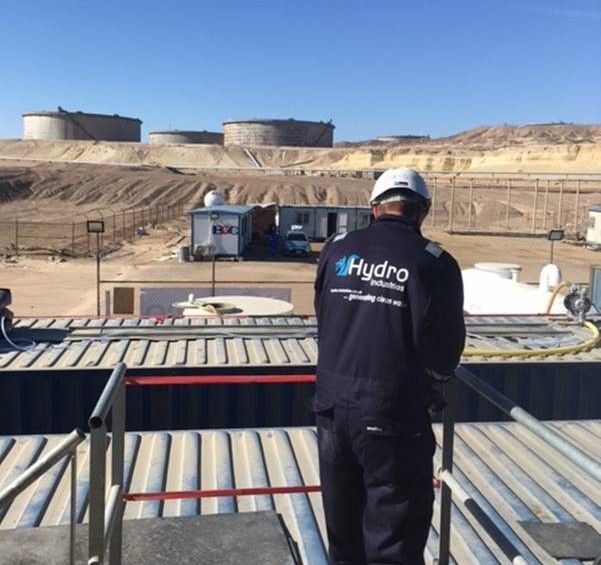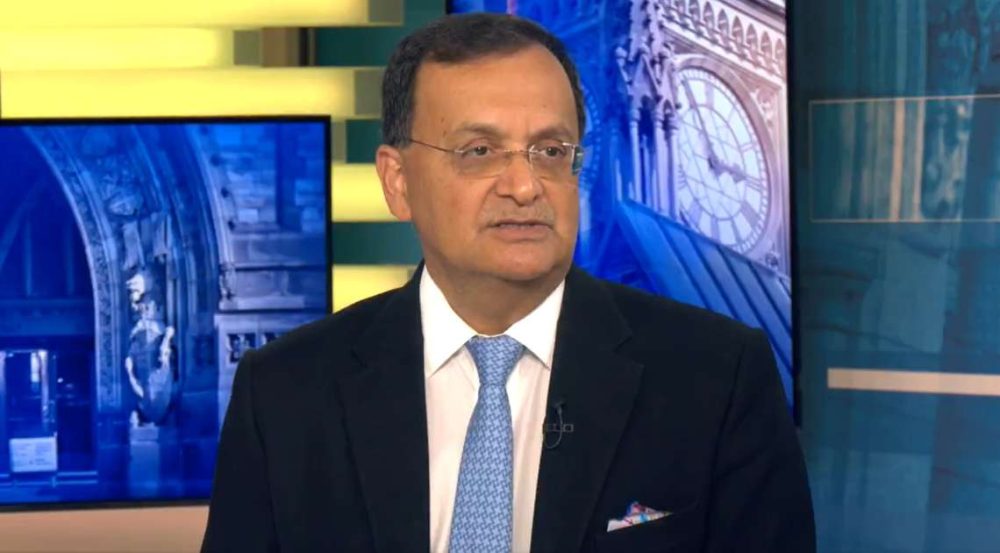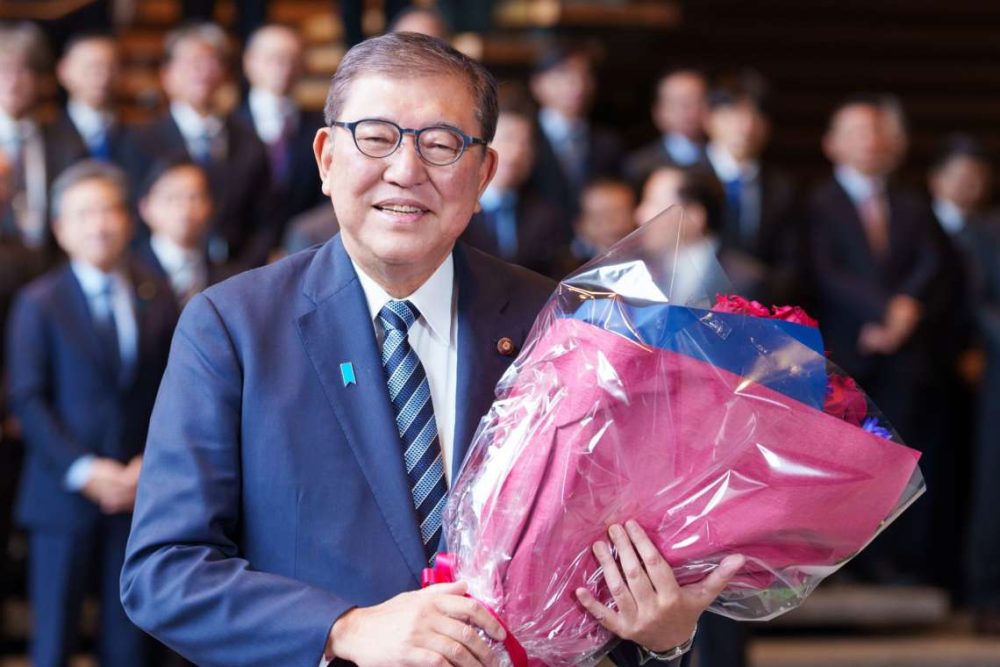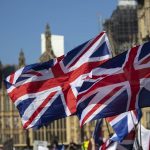A landmark UK programme has successfully concluded after delivering major reforms across Punjab and Khyber Pakhtunkhwa…reports Asian Lite News
A six-year British-supported governance initiative in Pakistan has helped unlock more than £1.9 billion in public finance, improve provincial planning and budgeting, and deliver far-reaching social and environmental benefits for millions of citizens.
The UK’s Sub-National Governance Programme, which ran from 2019 to 2025, worked closely with the provincial governments of Punjab and Khyber Pakhtunkhwa (KP) to strengthen institutions, modernise public financial management, and mobilise domestic revenues. The results, officials say, have not only freed up resources for reinvestment in other essential services, but also laid the foundations for more sustainable, citizen-focused governance.
One of the programme’s most significant fiscal achievements came in Punjab, where it supported the development of a comprehensive pensions reform plan. The reform introduced a contributory pension scheme in which both employer and employee make payments, reducing the future liability on public finances. Officials estimate that the measure will save the Government of Punjab some PKR 2.7 trillion (around £7.6 billion) over the next 30 years.
“These kinds of savings mean more funding can be channelled into essential services like health, education and infrastructure,” a senior provincial finance official said. “It is a game-changer in terms of fiscal sustainability.”
Beyond the fiscal sphere, the programme’s reforms have been credited with improving the reach and targeting of social protection schemes. In Punjab, the authorities collected detailed social and economic data for 35 million people, enabling more precise identification of households in need. This data-driven approach has already enhanced the delivery of urgent cash assistance and food subsidies to vulnerable communities.
Among the initiatives designed and rolled out with the programme’s support were Ba-Himmat Buzurg, a scheme providing financial assistance to elderly citizens without a source of income, and the Himmat Card, which offers monetary support to people with disabilities in Punjab. Both schemes have been cited as examples of how governance reform can translate directly into improved quality of life for marginalised groups.
In Khyber Pakhtunkhwa, meanwhile, the programme helped transform municipal waste management. A sustainable door-to-door waste collection system was developed and introduced, providing cleaner streets, reducing public health risks, and offering employment opportunities. Following its success in pilot areas, the model is now being scaled up across the province.
British High Commission Development Director Sam Waldock hailed the initiative as a testament to the power of sustained international partnerships in delivering tangible improvements for citizens.
“This programme shows what is possible when strong partnerships come together to support long-term reform, changing people’s lives,” Waldock said. “We’ve strengthened institutions, improved service delivery, and helped Pakistan unlock more of its resources to finance its own development. That has led to direct improvements to the day-to-day lives of millions – from helping people access essential cash assistance, to creating waste management systems which make their surroundings cleaner and more hygienic.”
The Sub-National Governance Programme forms part of the UK’s broader development cooperation with Pakistan, which has focused in recent years on governance, education, climate resilience and economic growth. According to the British High Commission, the governance strand is designed not only to support immediate service delivery improvements, but also to enable Pakistan’s provinces to finance more of their own development in the long term, reducing reliance on external aid.
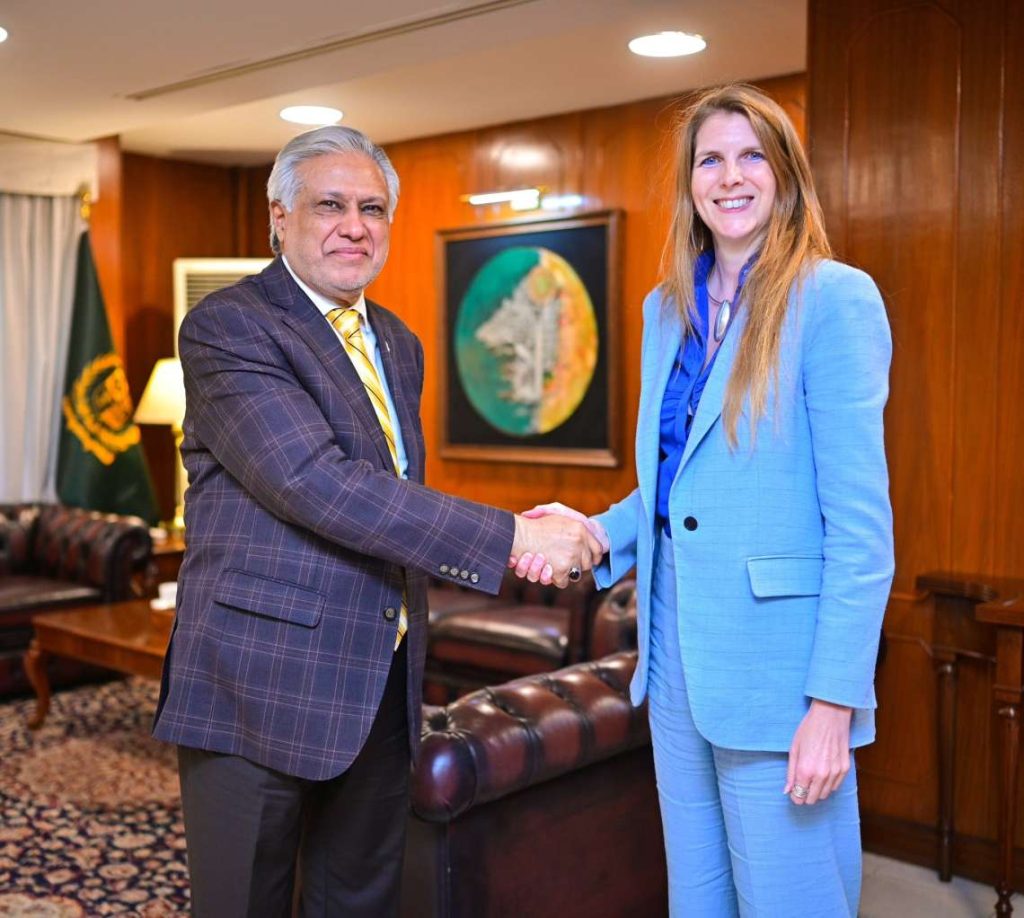
As the programme concludes, UK officials have confirmed that governance reform in Pakistan will remain a priority. Building on the partnerships and results achieved so far, the UK will work alongside the United Nations Development Programme (UNDP) through a new National Governance Programme.
This next phase will continue to target institutional reform and improved public financial management, with further work planned on provincial pension schemes and revenue mobilisation. It is expected that the new programme will also explore innovative approaches to digital governance, transparency, and citizen engagement, ensuring reforms keep pace with both fiscal and technological challenges.
Development experts say the continuity is vital. “Institutional reform is not a one-off exercise,” noted a governance specialist in Islamabad. “It requires long-term commitment, political will and the kind of technical expertise that programmes like this bring. Without sustained support, many reforms risk losing momentum.”
For many beneficiaries, the results are already evident. In Lahore, residents enrolled in the Himmat Card scheme describe the payments as a “lifeline” that enables them to cover basic expenses. In KP, households in newly served areas say door-to-door waste collection has transformed neighbourhoods once plagued by uncollected rubbish.
While challenges remain – including ensuring that reforms are embedded across departments and sustained amid political change – stakeholders are optimistic that the progress made since 2019 will prove durable.
“The real measure of success will be in seeing these systems maintained, improved and expanded over the coming decade,” Waldock said. “That is how the people of Pakistan will reap the full benefits of these investments.”
The £1.9 billion in public finance unlocked by the programme represents both a fiscal boost and a demonstration of how targeted governance reforms can deliver broad social dividends. As Pakistan’s provinces continue to face economic pressures and increasing demands on public services, the lessons learned from the Sub-National Governance Programme may prove critical in shaping the country’s next chapter of development.






